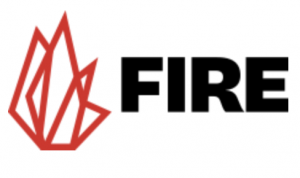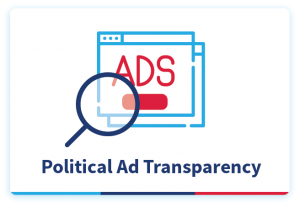 Each summer, the Center for Media Law and Policy provides financial support through its summer grants program to UNC law and graduate students taking unpaid or low-paying jobs in the fields of media law or media policy. The comments below are from Isabela Palmieri, a dual degree JD/MA student at the UNC School of Law and UNC Hussman School of Journalism and Media, who interned at the Foundation for Individual Rights in Education (FIRE) in summer 2019 and received one of the Center’s grants:
Each summer, the Center for Media Law and Policy provides financial support through its summer grants program to UNC law and graduate students taking unpaid or low-paying jobs in the fields of media law or media policy. The comments below are from Isabela Palmieri, a dual degree JD/MA student at the UNC School of Law and UNC Hussman School of Journalism and Media, who interned at the Foundation for Individual Rights in Education (FIRE) in summer 2019 and received one of the Center’s grants:
In the summer of 2019, I had the opportunity to work for the Foundation for Individual Rights in Education. FIRE’s mission is to defend and sustain the individual rights of students and faculty members at America’s colleges and universities. These rights include freedom of speech, freedom of association, due process, legal equality, religious liberty, and sanctity of conscience—the essential qualities of liberty. FIRE educates students, faculty, alumni, trustees, and the public about the threats to these rights on our campuses, and provides the means to preserve them. It was founded in 1999 by University of Pennsylvania professor Alan Charles Kors and Boston civil liberties attorney Harvey Silverglate.
While there, I researched and drafted memoranda on legal issues regarding free speech and due process in higher education. I also aided the Individual Rights Defense Program (IRDP) team in writing and editing legal correspondence to individual students, professors, and campus groups whose fundamental civil liberties had been violated. As one of my biggest projects, I drafted a model policy for universities that provided a constitutional and viewpoint-neutral process for the allocation of student fees.
The Center’s grant allowed me to spend the summer in Philadelphia and have an enriching experience at FIRE protecting students’ free speech rights.

 Are you a Carolina student interested in pursuing a career in media law or policy? Are you worried that you won’t be able to take that summer job in Atlanta, Los Angeles, New York, or Washington, because it’s just too expensive to live there? Or perhaps you’ll be working remotely from Chapel Hill (or elsewhere) and the job doesn’t pay very much?
Are you a Carolina student interested in pursuing a career in media law or policy? Are you worried that you won’t be able to take that summer job in Atlanta, Los Angeles, New York, or Washington, because it’s just too expensive to live there? Or perhaps you’ll be working remotely from Chapel Hill (or elsewhere) and the job doesn’t pay very much? The jobs board is updated regularly with full-time jobs, fellowships, post-docs, and seasonal internships in a variety of media law and related fields such as journalism, intellectual property, technology, and business affairs.
The jobs board is updated regularly with full-time jobs, fellowships, post-docs, and seasonal internships in a variety of media law and related fields such as journalism, intellectual property, technology, and business affairs.
 In partnership with the
In partnership with the